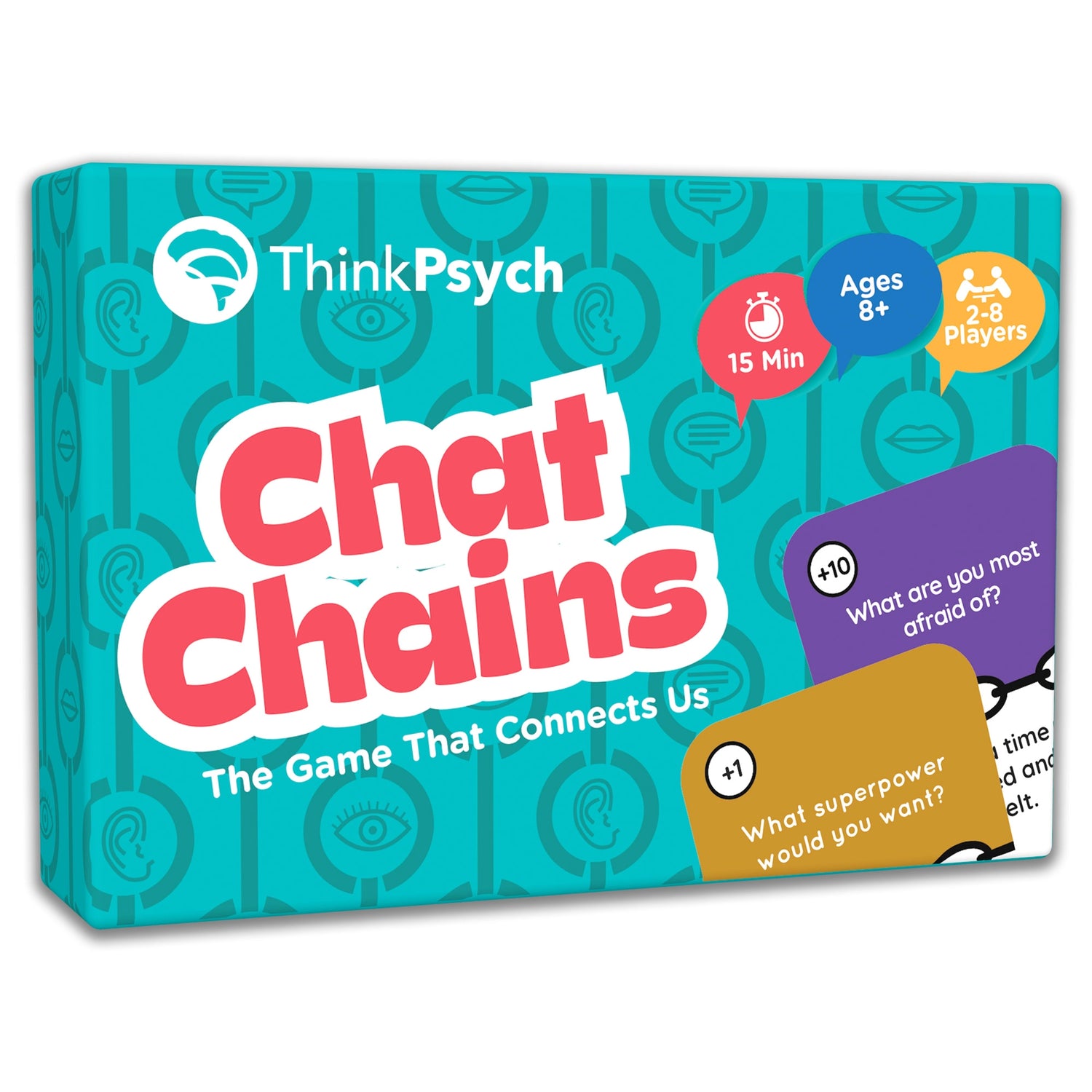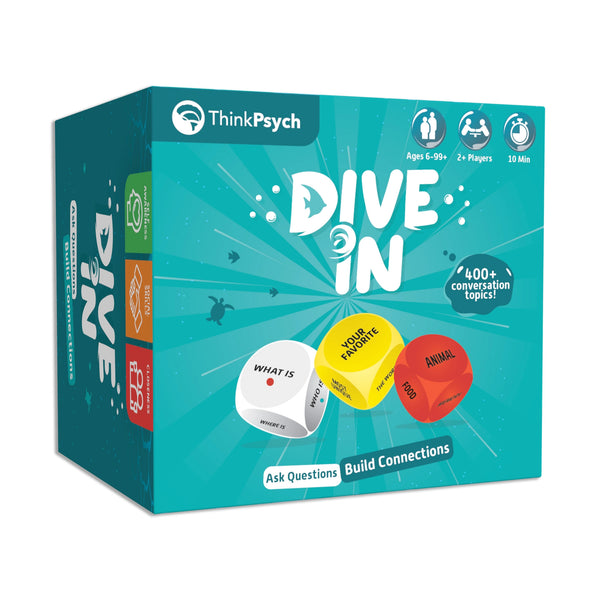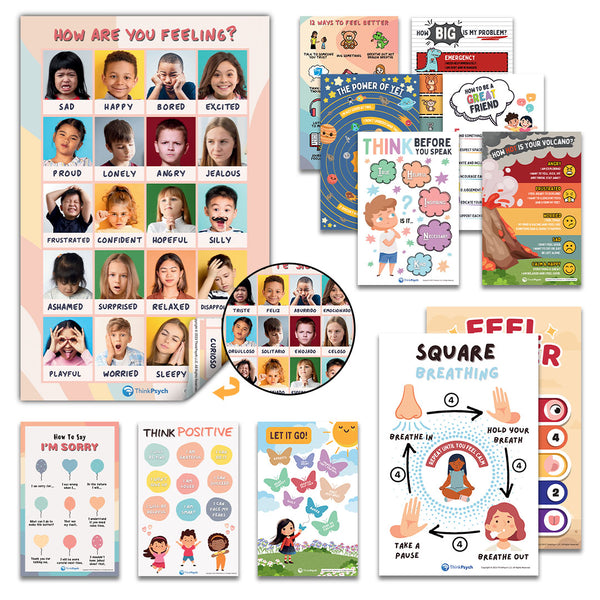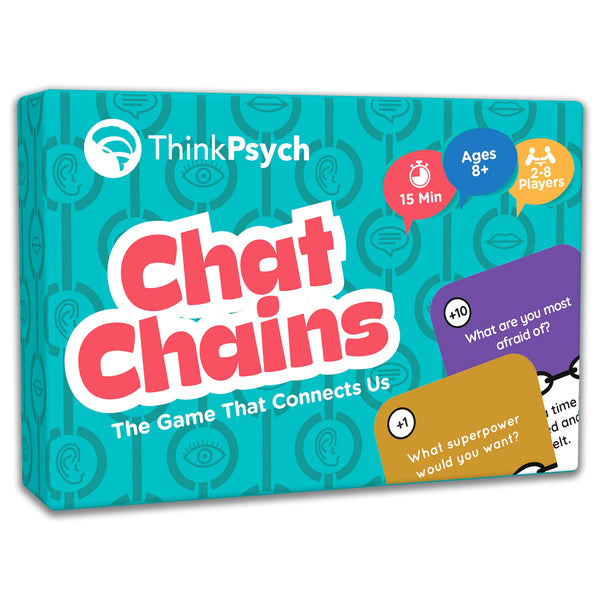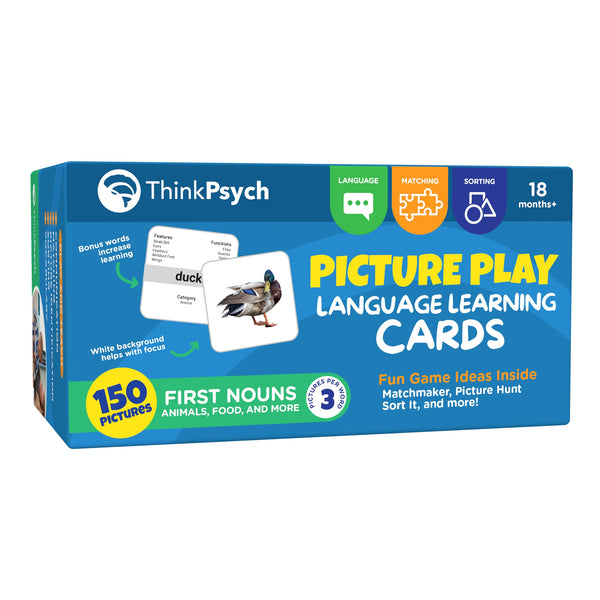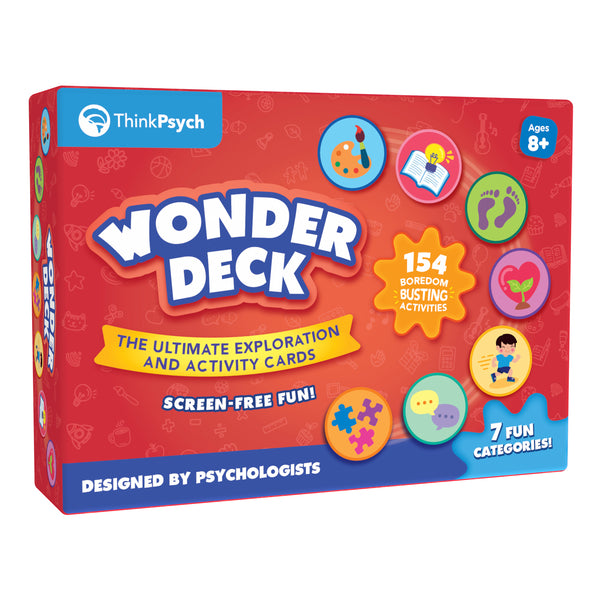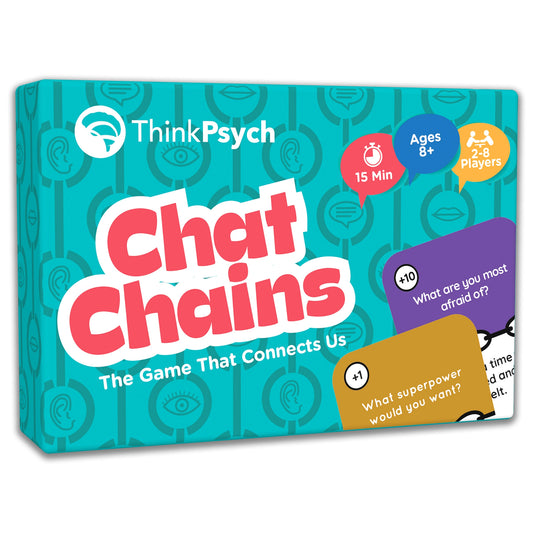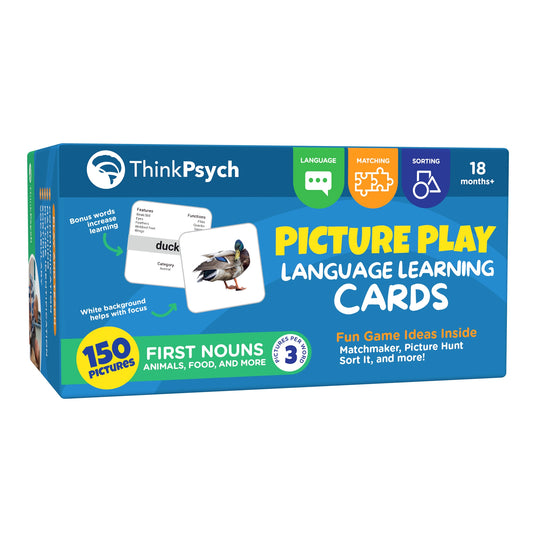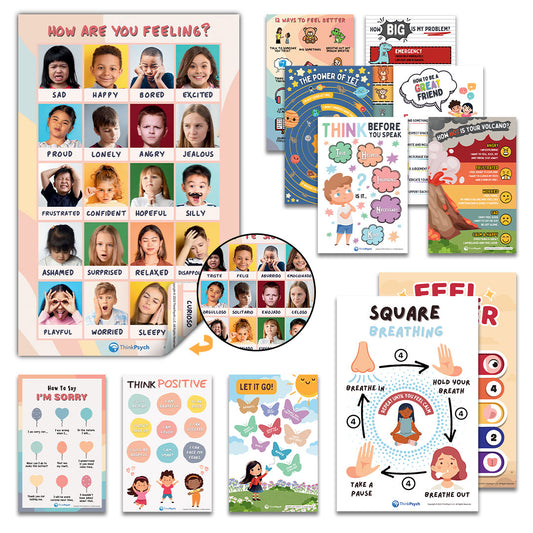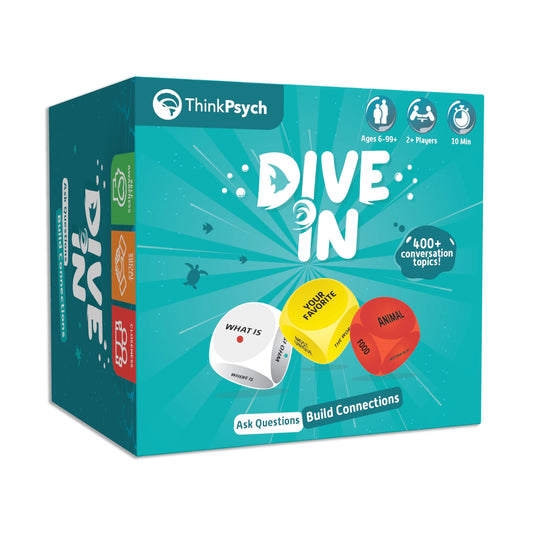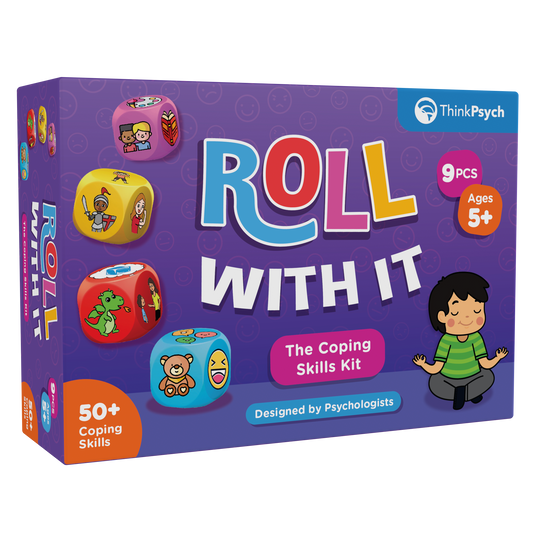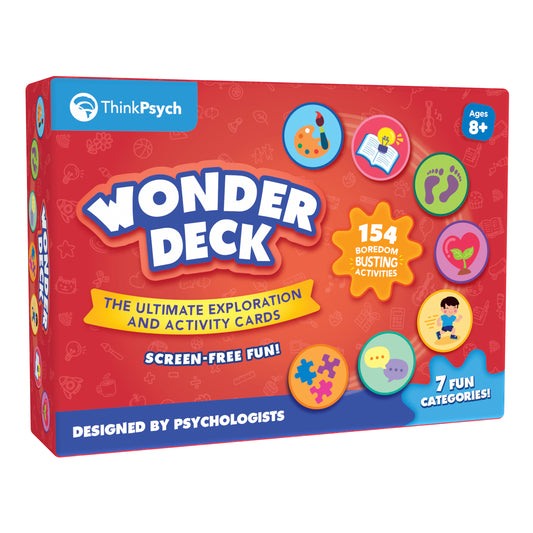
When Words Come Hard: Supporting Communication in Dementia Care
Share
Your loved one looks at you, but the words don’t seem to come. You gently wait, hoping for a familiar phrase. Instead, there’s silence or a sentence that trails off. It’s heartbreaking, and this happens more often than people talk about.
Each year, over 10 million people are diagnosed with dementia. That’s one new case every 3.2 seconds. And with this diagnosis comes a set of communication challenges for families and caregivers.
When language fades, connection can feel out of reach. But it doesn’t have to be that way.
In this article, we’ll explore what happens to communication in dementia, how it impacts families, and how to shift your approach.
Communication Changes in Dementia
If you’ve ever taught kids to communicate effectively, you’ve seen how language is something we build over time. With dementia, communication often unravels in the opposite direction.
Dementia affects areas of the brain responsible for memory, speech, and comprehension. As those regions deteriorate, the ability to understand or express thoughts fades. This decline also occurs over time.
Some common communication difficulties include:
-
Word-finding struggles: Your loved one may pause mid-sentence, searching for a simple word like “cup” or “chair.” They might substitute it with something unrelated or describe it instead (“the thing you drink from”).
-
Repetition: They may ask the same question repeatedly or tell the same story more than once, unaware they’ve done it before.
-
Losing train of thought: Conversations can drift or stop abruptly. A sentence might be easy to understand at first, but it fades before the thought is complete.
-
Difficulty following conversation: They might miss details or struggle to keep up, especially in noisy environments or group settings.
-
Trouble understanding humor, sarcasm, or figures of speech: Literal thinking becomes more common. Jokes or subtle cues may confuse or upset them.
-
Nonverbal communication changes: Gestures, facial expressions, and tone may be misread or used differently, making it harder to pick up on emotional cues.
-
Speaking less often: As communication becomes more difficult, many people with dementia speak less. They may avoid conversation altogether to escape frustration or embarrassment.
The severity of language loss depends on the stage of dementia. Early stages might show occasional lapses, while later stages may bring near-total loss of language. Recognizing these signs early helps caregivers and families prepare and adapt.
Reframing the Mindset
It’s painful to watch someone you love lose their words. Caring for someone with dementia is hard, and it’s okay to feel the weight of that.
But here’s the shift that can help: focus on presence, not performance. You’re not required to “fix” their communication. What matters most is that they feel safe, seen, and supported. Sometimes, that means simply sitting together in silence or smiling when words fall short.
Supporting communication in dementia care is about meeting your loved one where they are, over and over again. It’s about practicing patience, empathy, and self-compassion. Be kind to them, but also, don’t forget to be kind to yourself.
How to Manage Supportive Communication for People with Dementia
Here are a few ways to make conversations more supportive and less challenging:
-
Slow down: Give the person extra time to process and respond. A few seconds of silence might feel awkward at first, but rushing only adds pressure.
-
Simplify language: Use short, direct sentences. Break things down clearly without sounding too basic or dismissive.
-
Ask one question at a time: Multiple questions can overwhelm or confuse. Stick to simple choices or yes/no questions when possible.
-
Avoid corrections: It’s tempting to fix mistakes or repeat things the “right” way. But gentle redirection works better. Try shifting the topic or offering a helpful cue instead of pointing out errors.
Shop ThinkPsych Products
-
Use names instead of pronouns: Say, “Let’s visit Anna” instead of “Let’s go see her.” Clear names give more context, especially when memory is fading.
-
Validate emotions: Even if the words don’t make sense, the feelings often do. If someone sounds upset, acknowledge how they might be feeling rather than dismissing it.
-
Keep calm and be kind: Facial expressions, gestures, and tone often say more than the words themselves. A warm tone can soothe confusion and make someone feel safe, even when they don’t understand every word.
The goal isn’t having the perfect conversation every single time. It’s creating moments where there can still be understanding.
Helpful Communication Aids and Approaches
Some tools and techniques can make communication easier and more engaging for people with dementia. These don’t necessarily replace interaction, but they offer valuable support for memory, understanding, and emotional connection.
Here are a few options:
-
Picture cards or memory books: These visuals cue recognition and spark conversation. A photo of a familiar place or a labeled family album can ground someone in something familiar.
-
Whiteboards or labels: Writing down routines or labeling doors, drawers, and objects can reduce confusion around the home.
-
Communication boards: Simple boards with words or images for needs and feelings can help someone express themselves without needing to find the words.
-
Sensory activities: Art, music, or hands-on objects support self-expression when verbal communication is harder. Storytelling through drawing, movement, or song can feel more natural and comforting.
For more structured support, there’s also reminiscence therapy. This involves gently guiding someone to recall meaningful memories from the past. It’s been shown to improve mood, build confidence, and strengthen emotional connection.
One tool that works well for this is Golden Memories, a deck of cards filled with conversation prompts. These questions touch on life events, historical moments, people, and sensory memories. Used in therapy or at home, they offer a simple way to spark joy, encourage social engagement, and support cognitive health, one story at a time.
Wrap Up: Connection Beyond Words
Even when speech becomes limited or disappears entirely, there are still many ways to reach your loved one. A shared look, a warm touch, or even a quiet moment can speak louder than full sentences.
If you're looking for meaningful ways to connect, support, and build emotional understanding, ThinkPsych can help. Our psychologist-designed toys and games are made to nurture emotional health, strengthen social-emotional skills, and foster confidence from the very beginning.
Whether you're a parent, educator, or caregiver, we’re here to support you and those you care for.
Explore our full collection of evidence-based tools and games here.
References:
Alzheimer’s Disease International. Dementia Statistics.
https://www.alzint.org/about/dementia-facts-figures/dementia-statistics/
Healthline. The Stages of Dementia.
https://www.healthline.com/health/dementia/stages
